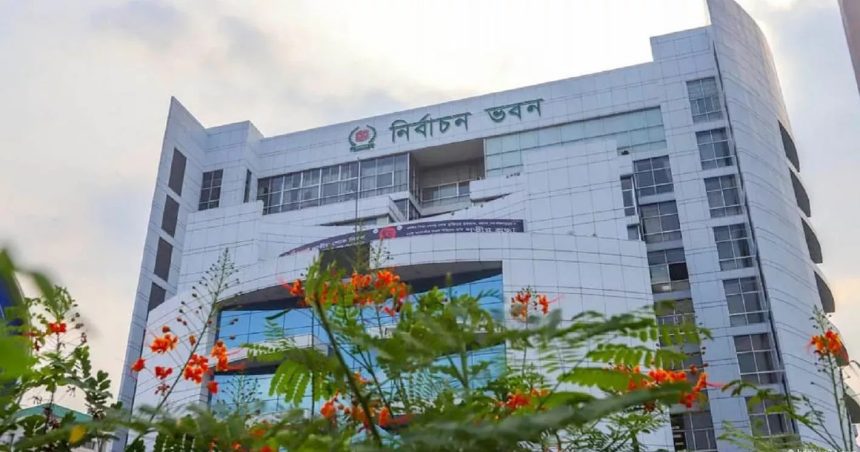Uncertainty has once again cast a shadow over Bangladesh’s politics. The Election Commission has begun preparations for the next parliamentary polls under the existing system, but three parties — Jamaat-e-Islami, Islami Andolan, and the National Citizen Party (NCP) — have demanded that the vote be held under a proportional representation (PR) system.
Introducing such a system would require constitutional amendments. With no parliament currently in place, analysts say this demand is practically impossible to meet. They argue that the parties’ real intention is to delay the election expected to be held in February 2026.
The parties are also proposing a referendum to the government and seeking the agreement of the Consensus Commission to move towards a referendum. Analysts view this as an attempt to delay the process.
The Election Commission is already pushing ahead with the redrawing of constituency boundaries, signalling the interim government’s determination to hold the vote on time. Yet, by raising demands that cannot realistically be fulfilled, critics say the three parties are manoeuvring to buy more time.
Last week, Chief Adviser Mohammad Yunus held talks with seven political parties. The Bangladesh Nationalist Party (BNP) strongly pressed for elections to go ahead in February. Jamaat, Islami Andolan, and the NCP, however, attached conditions, reinforcing perceptions that they are not yet prepared and are searching for ways to shift the timetable. Observers now believe the likelihood of a February poll stands at “fifty-fifty.”
Speculation is also rife that the three parties, seen as close to the interim administration, have another card to play: opposition to the current army chief remaining in post during the election. The issue has not been raised openly, but signals have been sent to the chief adviser and others in authority.
Although the military operates under the commission during elections, critics of the army chief have questioned his neutrality. Analysts suggest that, since his term runs until June 2027, raising this issue could open the door to delaying elections for years.
The BNP dismisses this as a distraction, insisting that prolonging the interim government’s tenure will push the country deeper into uncertainty. It accuses the authorities of hiding behind “reforms” that amount to little more than stalling tactics, while law and order, the economy, and governance continue to falter.
Election-related uncertainty is nothing new in Bangladesh, where the run-up to every poll is marked by manoeuvring and tactical demands. This time is proving no exception. Jamaat, Islami Andolan, and the NCP may frame their calls for proportional representation as electoral reform, but many believe their true goal is to delay. By invoking the army chief issue, they could intensify pressure on the government. The BNP, meanwhile, has vowed to resist such moves.
For Bangladesh, the February election has become more than just a test of electoral logistics. It is shaping up as a contest of political strategy and power. The commission may be proceeding with preparations, but mistrust is deepening. The central question remains: will Bangladesh vote in February, or slip once more into uncertainty?


